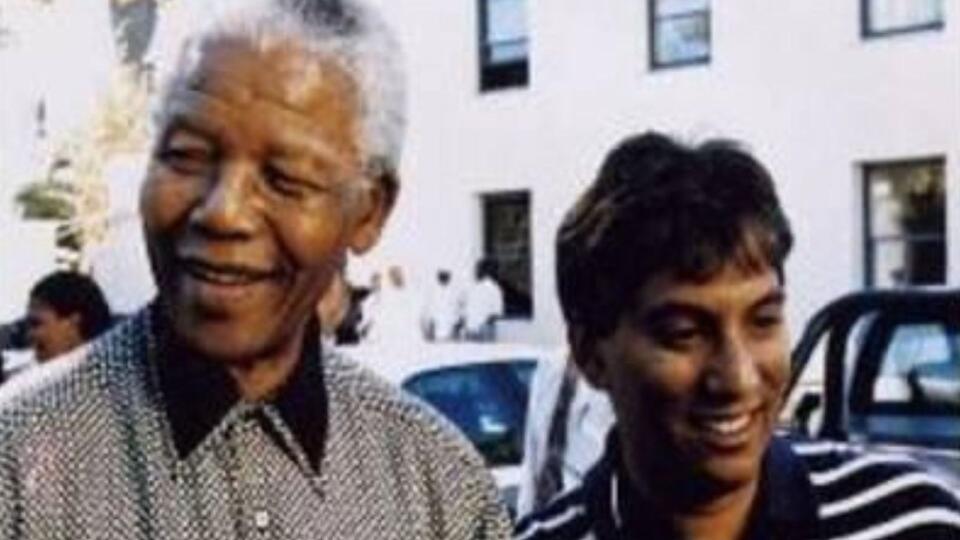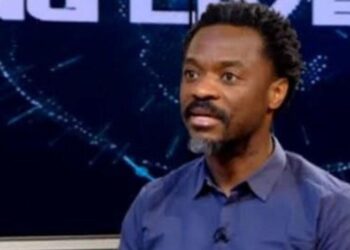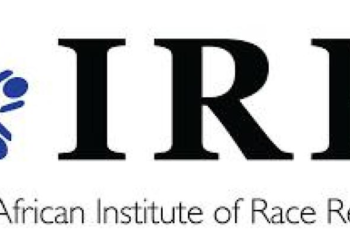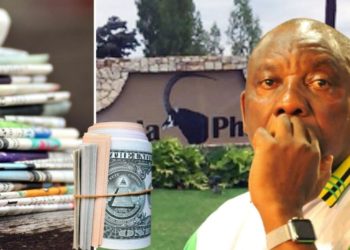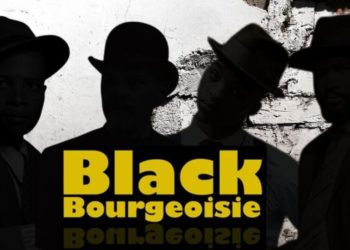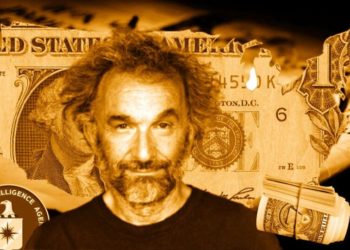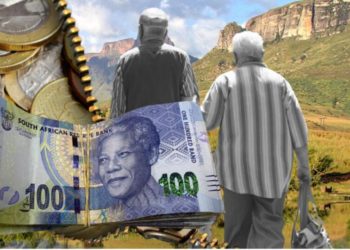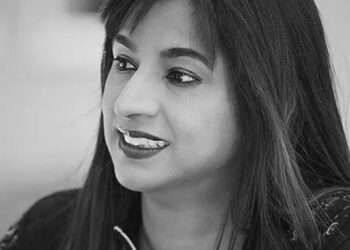This Mandela Day, there is no better time to remember that media freedom and democracy are indivisible and inextricably linked. Giving voice to the voiceless is a sacrosanct right, particularly in South Africa where so many were silenced for so long under the days of oppression.
“A critical, independent and investigative press is the lifeblood of any democracy. The press must be free from state interference. It must have the economic strength to stand up to the blandishments of government officials.
“It must have sufficient independence from vested interests to be bold and enquiring without fear or favour. It must enjoy the protection of the Constitution, so that it can protect our rights as citizens.” – Nelson Mandela, February 1994.
This Mandela Day, there is no better time to remember that media freedom and democracy are indivisible and inextricably linked.
Yet, right now we stand on the edge of losing the protection of our rights, as the greed and power-hungry antics of a handful of corporates and financial institutions are the existentialist threat to our free press and our democracy.
In 2018, the Nelson Mandela Foundation hosted a panel discussion together with Media Monitoring Africa and the Oslo Freedom Forum. The topic for this august event – Media Under Fire.
One of the take-outs was how, “journalists need to be careful to give voice to all, and especially the underdog”.
Giving voice to the voiceless is a sacrosanct right, particularly in South Africa where so many were silenced for so long under the days of oppression.
Further noted and more pertinent now than then, is how the media must often play to the tune of others – be they political masters, the internet giants whose ownership of the billions of bytes of data hold many of us hostage to their narrative, or the ongoing consolidation of the media space that has witnessed a disinvestment in independent journalism.
However, they are not the only risk to balanced and fair reporting that includes the opinion, experience, and reality of a cross-section of society. There is another far more sinister and dangerous player that has entered the fray for the control of people’s minds, emotions, and their pockets.
I am speaking of the banking fraternity whose authority and power is absolute.
They who hold the purse strings of all men and women, businesses, and even governments. They who have ensured this dominance by creating a landscape and infrastructure through which every business must transact. Without a transactional facility, it is nigh impossible to continue.
This is the guillotine blade that now hangs perilously close above Independent Media’s heads as Standard Bank has seen fit to follow where South Africa’s other major banks have gone, in advising they will be terminating Independent Media’s bank accounts.
As many of you are aware, the entire Sekunjalo Group has been bullied by the banking cartel.
Never in the history of our country has such a large entity, with more than 8 000 direct and indirect employees, been the focus of such attention, and outright discrimination. And it is all aimed at silencing Independent Media.
That this is a political ploy is now obvious, but we will not be silenced.
Independent Media, with the country’s largest print distribution network, has a long and illustrious legacy in South Africa, and since 2013, has been the voice that has raised the alarm on government corruption, and speaks out against many of the inequities our people continue to experience after the dawn of democracy.
But can we claim we still have a democracy when media are muzzled from showcasing a diversity of views or from holding those in public office to account?
At the root of the desire to snuff Independent Media’s role as a public commentator is the fact that we have often been the media house to expose the less savoury side of government, its corruption and its manipulation that is undermining the fabric of our society.
In my 2021 Mandela Day note, I spoke of a crisis of leadership. This is now more dire than ever. Our leaders are morally bankrupt. The country’s piggy bank has run dry to the point where we are now funded by external lenders.
We no longer have the pride in our freed nation because there is no such thing as a free ride as we are all discovering.
Freedom is but an illusion.
I have also recently called on the youth to rise and take their place in the leadership race to save us all. Beyond enhancing education and increasing the opportunities for new businesses to be established and then sustained, and building 10 million houses, we need 10 million homes in which respect, tolerance, care, and happiness can flourish.
The youth are our last hope, and if our democracy is to survive then we must ensure we have a free press, and they need to be the custodians of that content.
The last word, once again goes to Madiba, the father of our nation who said: “Since my release, I have become more convinced than ever that the real makers of history are the ordinary men and women of our country; their participation in every decision about the future is the only guarantee of true democracy and freedom.” – Nelson Mandela, 1990. The Struggle is My Life.
*Dr Survé is Executive Chairman of Independent Media and Chairman of Sekunjalo Investment Holdings.
This article was first publishied on IOL


